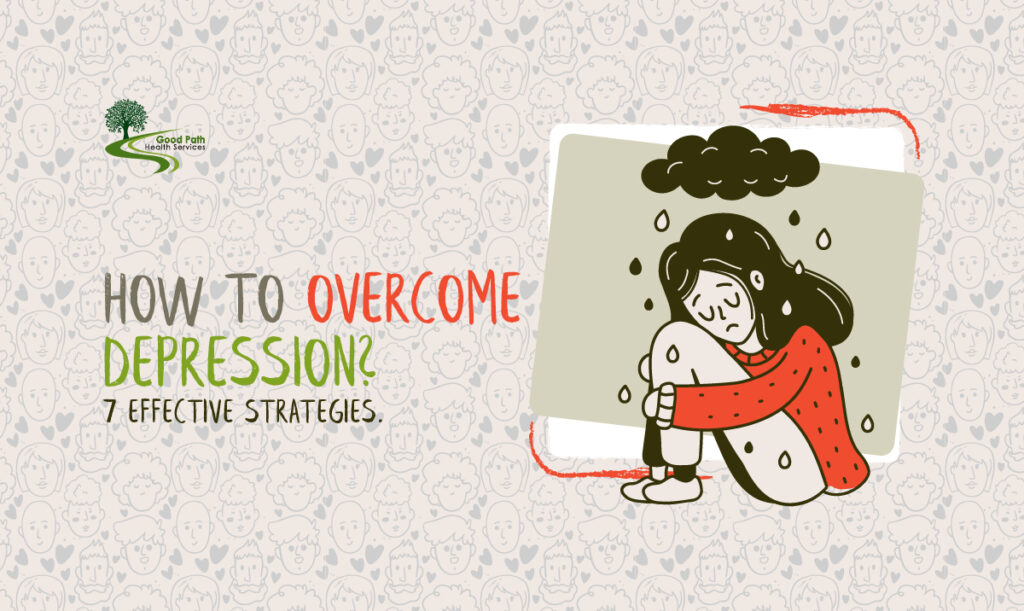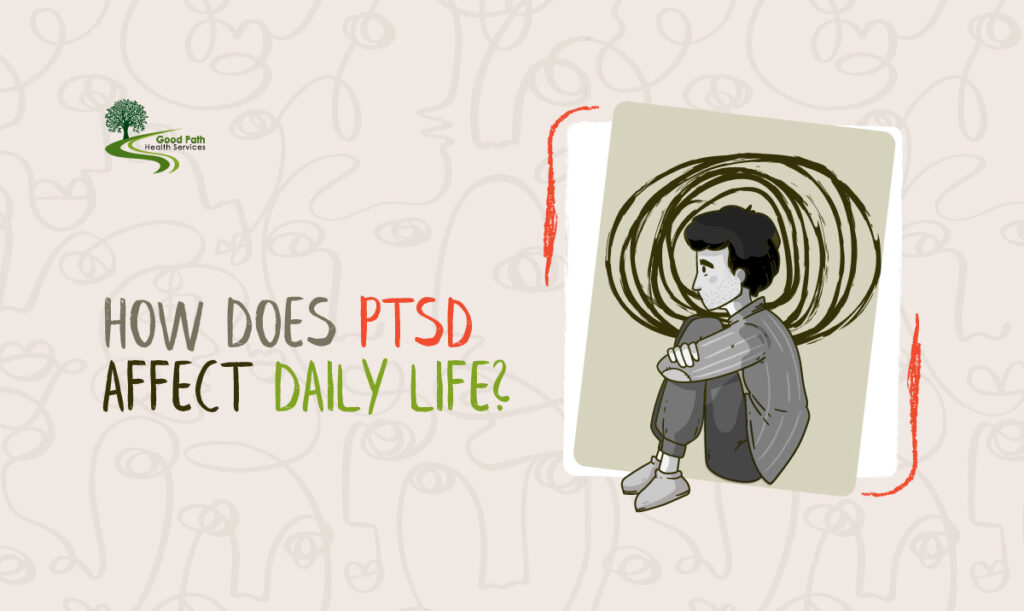
This is a radical guide for women with ADHD.
If you’re a woman who’s been diagnosed with ADHD or believe you might have it, this guide will be helpful to you.
As a woman living with ADHD, you might have sensed your differences for quite some time.
We live in a society where behaviors and ways of thinking are accepted or met with disapproval because of societal norms, which can leave you feeling alienated and as if you don’t fit in — it’s time to change that.
We’re here to discuss what ADHD looks like in women, its symptoms, finding support, and most importantly, accepting differences and celebrating neurodiversity.
ADHD Symptoms Specific to Women
Let’s discuss how ADHD symptoms can present and show up in women:
- Some women with ADHD can find it hard to keep their focus, especially when working on things that are not naturally stimulating or interesting to them. Because of this, it can be difficult to stay organized and get things done.
- Daydreaming. Women with ADHD can be inattentive through daydreaming or excessive mind-wandering, which affects their ability to focus on a conversation or finish a task.
- Misplacing things. If you’re a woman with ADHD, you might often lose or misplace things due to forgetfulness. You end up with a cluttered living space or workspace, which makes it difficult to find important items like your wallet, phone, or keys — which can be frustrating.
- Emotional sensitivity. Women with ADHD usually experience high emotional sensitivity, which can cause mood swings, strong/intense emotions, and difficulty regulating emotions.
- Impulsivity. Though impulsivity is a common ADHD symptom, in women, it appears as impulsive decision-making, impulsive shopping, impulsive interrupting, or making quick decisions without thinking them through.
- Rejection sensitivity. Women with ADHD tend to be more sensitive to rejection or criticism, which can make them feel inadequate, inadequate or self-conscious.
- Difficulty in prioritizing. Managing multiple tasks and prioritizing responsibilities can be hard, which could make you feel overwhelmed and make it difficult to plan out the day.
- A habit of being late. Women with ADHD who struggle with time management tend to be chronically late, have problems estimating time, and have difficulty keeping track of deadlines.
- Internal restlessness. Although hyperactivity is common with ADHD, in women, it can present as restlessness, which makes it difficult to relax or stay still even if you are not physically hyperactive.
- Racing thoughts. As a woman with ADHD, you might experience a constant stream of thoughts racing through your mind at once, making it hard to concentrate on one thing at a time.
- Talking a lot. Women with ADHD tend to express several thoughts at once, which can cause them to speak rapidly and excessively.
- Coping mechanisms. Women with ADHD often develop mechanisms to cope with difficulties, for instance, perfectionism, overachievement, or avoiding tasks altogether (ADHD task paralysis).
- Using social media obsessively. ADHD women can be addicted to social media, texts, or constant scrolling.
If you want to learn more about ADHD symptoms in women, please visit HelpGuide.org.
Living with ADHD – Embracing Neurodiversity and Positive Growth
Living with an undiagnosed ADHD comes with its own set of difficulties, though understanding and managing them allows positive growth.
Women navigating ADHD might encounter difficulties at work in sustaining high productivity, remaining focused, and staying on top of deadlines.
In relationships, balancing social commitments might feel overwhelming, these can cause miscommunications and moments of feeling stretched thin.
These experiences can affect one’s self-worth, which can cause self-blame and negative self-talk.
However, it’s important to understand that these difficulties aren’t reflections of personal shortcomings but are a natural part of ADHD.
Along with difficulties, women with ADHD also have many strengths.
Understanding this opens up a shift in perspective and shows the importance of finding the right support and resources, using strategies, and, most importantly, learning self-compassion.
Through acknowledging the difficulties that come with ADHD, you can gain strength, learn how to cope and break barriers that get in your way.
Coping Tips for Women With ADHD
You know yourself best, understand what helps you perform well, and take those steps and actions to feel more in control.
Being your advocate means doing what you need to stay healthy.
- You can use organizers, visual aids, planners, reminder apps and lists to organize your daily routine.
- Managing your time. It’s important to break tasks into manageable ones and use an ADHD timer to stay focused.
- Finding a support system. Connect with licensed therapists, support groups, or friends who understand what you’re going through.
- Self-care. Exercise, yoga, mindfulness meditation, healthy eating, and good sleep habits are all important for improving ADHD symptoms.
- Positive and uplifting affirmations. Positively affirm your self-talk with uplifting affirmations.
- Parenting with ADHD. Manage your symptoms to ease family pressures. Spend quality time with your child, set consistent rules, take breaks when you’re overwhelmed, and divide parenting responsibilities with your spouse.
Related: How to Manage ADHD Without Medication
Job Opportunities for Women With ADHD
Are there good jobs for people with ADHD? Yes, there can be.
Women with ADHD have incredible strengths, among them are:
- Creative thinking.
- Problem-solving.
- Adaptability.
A good job search depends on knowing and matching your strengths with your job and career goals.
- Reflect on your ADHD traits—pinpoint strengths and difficulties.
- Research for jobs and careers that match your strengths; network with professionals.
- Try internships or short-term roles to see if you are compatible with them so you’ll know which ADHD jobs to avoid.
- Consult a career counselor or coach who is ADHD-aware.
As a woman with ADHD entering or navigating the workforce, look for employers who value diversity and inclusion.
Finding An ADHD Psychiatrist Near Me
Here are some ways to find an ADHD psychiatrist near you:
- Look for ADHD psychiatrists on online directories like Psychology Today and ZocDoc.
- Ask your regular doctor if they can recommend a trained psychiatrist who specializes in ADHD.
- Search online and look for trusted reviews.
- Ask a family member if they’ve had a good experience with an ADHD expert so they can recommend someone.
What’s important is that you find a kind and compassionate psychiatrist who can help you manage your ADHD symptoms in the long run and help you live a fulfilling life.
If you want telehealth or in-person services, connect with our psychiatrist at Good Path Health Services.
Contact us to share your ADHD experiences and discuss your needs.
FAQs
L-Theanine ADHD – does it improve the symptoms?
The amino acid L-theanine in tea can have calming effects and help manage ADHD symptoms.
The best advice, however, comes from a healthcare professional.
Passive suicidal ideation ADHD – is it common in people with ADHD?
ADHD and mental health challenges are associated, but not everyone with ADHD experiences passive suicidal ideation. Getting help is essential if you or someone you know is in need.
Is there a specific ADHD flag?
Some communities and organizations have created symbolic representations of ADHD using colors such as orange, black, and white to raise awareness.
What are some thoughtful ADHD gifts?
If you’re looking for gift ideas for women with ADHD, here are some:
- Books for women with ADHD.
- Custom gifts according to their interests.
- An ADHD chair for adults (it helps with focus).
- An ADHD desk chair.
- Self-cleaning roomba.
- A nice weighted blanket.
- Massage gift card.
- Headspace subscription.
- A planner.
How can an ADHD workbook help?
Workbooks for ADHD provide exercises to help manage symptoms, increase productivity, and improve everyday life.



